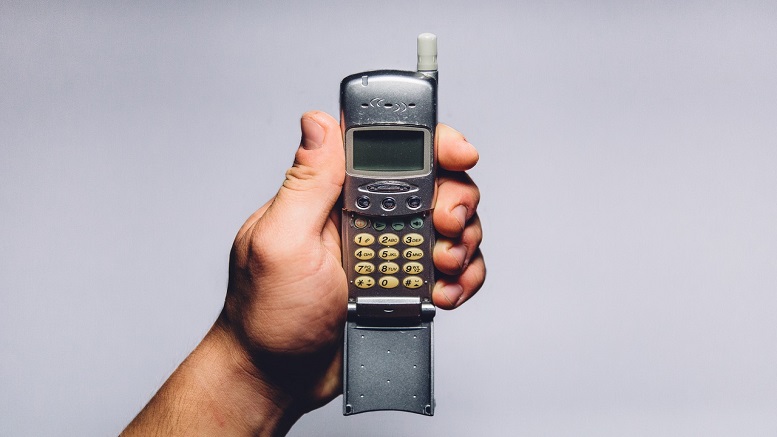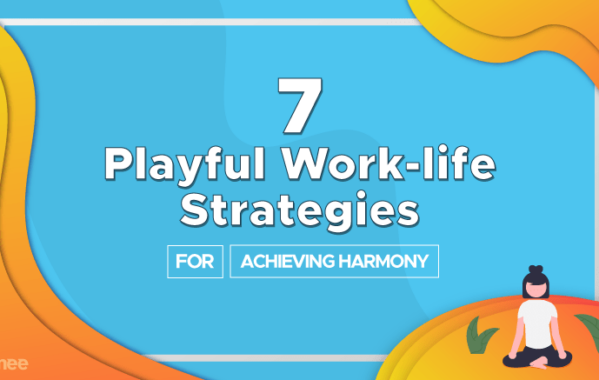Monday Mashup: Struggling Families, Open Internet

One in four families struggles to break even every month
The woeful state of British consumer’s financial situation is becoming even more poignant according to the latest research by uSwitch.com. The report states at least 11million Britons are struggling to break even. It also found that families were making cuts on the most fundamental purchases in order to balance their finances.
For some families, the only thing that wasn’t shooting up was their wage. 14% of consumers say they’re worse off now than they were 12 months ago. On top of this, 1 in 3 have suffered a pay freeze and 8% have had their pay cut. As a result, only 1 in 4 manage to have a positive income to outgoings ratio. The remainder are having to reduce spending on food, fuel or borrow sash to remain solvent.
Google Pledge to support a free and open Internet
Google have launched a hub to help promote their support of an open Internet in light of a meeting hosted by the International Telecommunications Union, a relatively unknown United Nations agency that is set to decide the way the Internet is governed. The goal is to update the a decades-old treat, the International Telecommunications Regulations, however many people believe that the meeting poses a serious threat to the openness of the Internet.
Whilst many people agree the ITU has a positive affect on telecommunications work, including improving global efficiency and increasing access to developing nations, there’s much to criticize about the way the meeting is being conducted. Most notably, the fact that it takes place in secret, and stakeholder input is limited only to governments. Google is prompting people worldwide to pledge their support for a free and open Internet, with the statement:
“A free and open world depends on a free and open Internet. Governments alone, working behind closed doors, should not direct its future. The billions of people around the globe who use the Internet should have a voice.”
Texting Turns 20
It’s 1992. Neil Papworth decides that he needs to get an urgent message to Richard Jarvis Orbitel 901 handset, a sort of primitive mobile phone that resembles nothing like the ones you have today. Neil fires up his personal computer, and using the Vodafone GSM network, sends the world’s first Short Messaging Service.
In the last 20 year’s a lot has happened. In 2000, the first mobile news service was delivered via SMS in Finland. 2003 saw Simon Cowell partnering with AT&T to allow voting via text message. The Cambridge Dictionary officially recognized text as a verb in 2010. The feature, once a nice-to-have on modern mobile phones, quickly became one of the most used features and created it’s own language in the process. The total amount of texts sent in 2011 was around 7trillion. That’s close to 200,000 every second. Wow.
COMMENTS
One comment on “Monday Mashup: Struggling Families, Open Internet”
Comments are closed.





Lisa
Excellent article, thanks for sharing. It’s hard to believe texting is 20 already! You have to wonder what the next 20yrs will bring us.